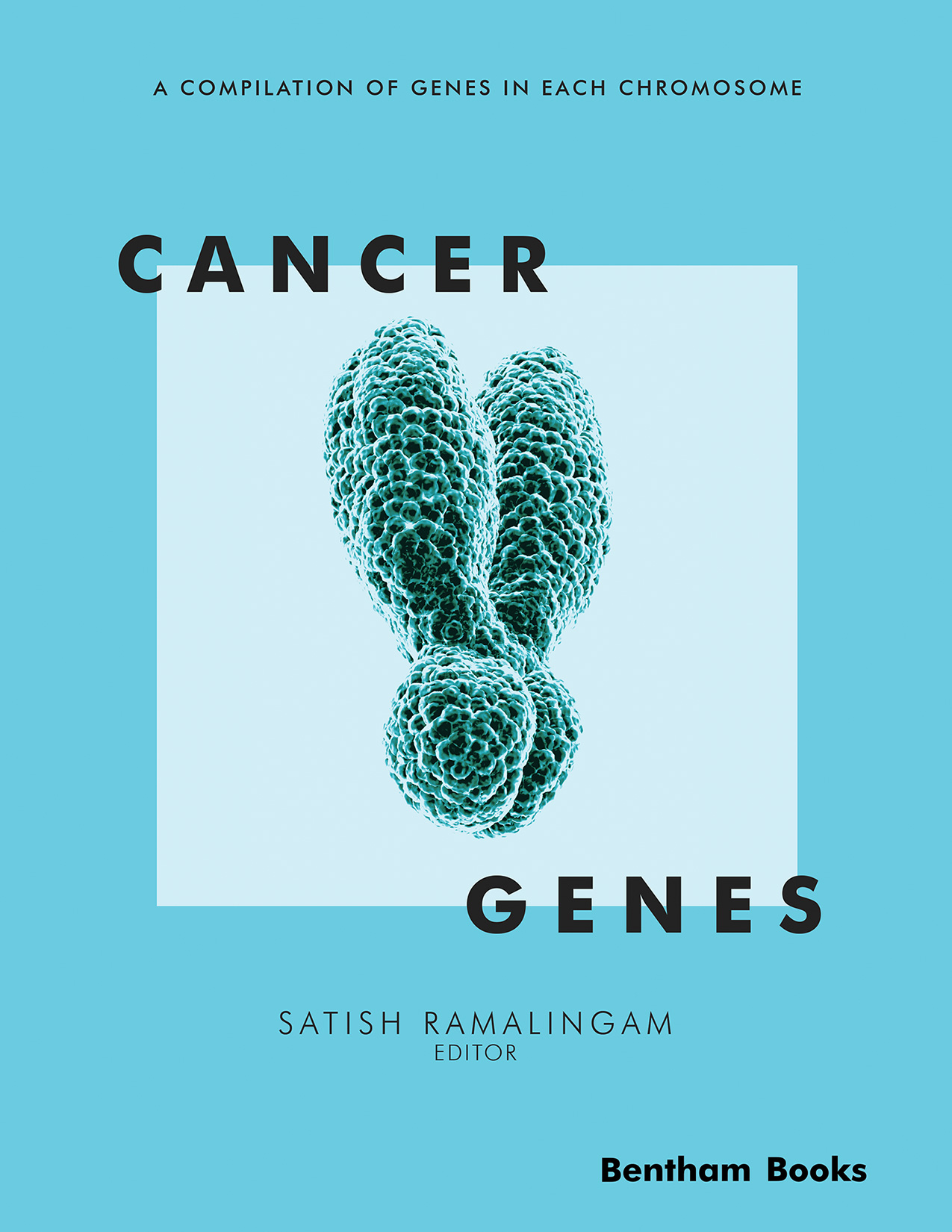Introduction
Cancer Genes is a comprehensive list of the most critical genes known to contribute to cancer imitation and progression. The book delves into their location on each chromosome, providing valuable insights into the mechanisms of cancer gene dysregulation and genetic mutations which provide cancer cells with an advantage during each stage of tumorigenesis. The reference will familiarize readers with the location of cancer genes and equip them with the necessary information to identify relevant gene expression targets for research aimed at preventing the disease.
The book is divided into two volumes focusing on cancer-causing genes found in chromosome pairs 1-12 (volume 1), and chromosomes 13-23 (volume 2). A key features of the book is a detailed reference list for advanced readers. The compilation is therefore a quick and handy reference on cancer causing genes for researchers, medical professionals, and anyone interested in understanding the genetic basis of cancer.
Audience:
Researchers (genetics, molecular biology and life sciences), medical professionals (oncologists), and anyone interested in understanding the genetic basis of cancer.

